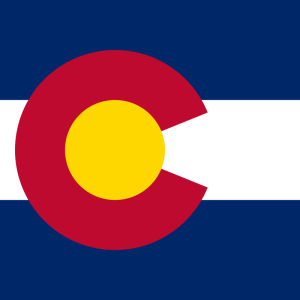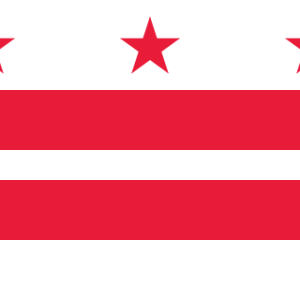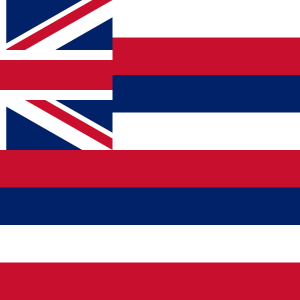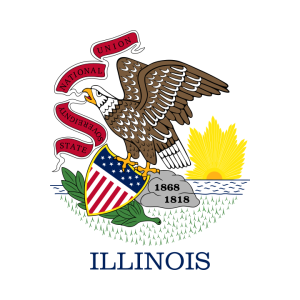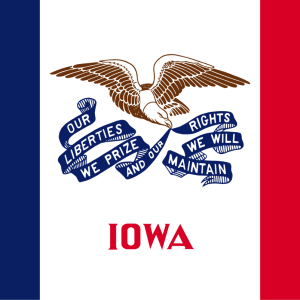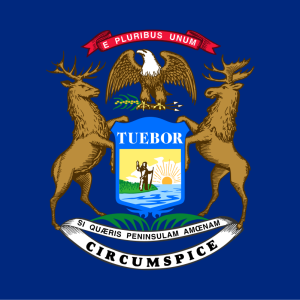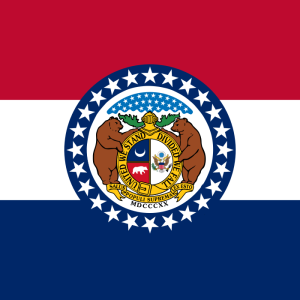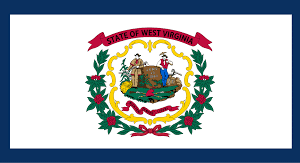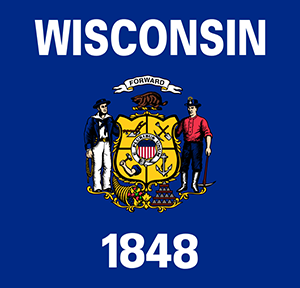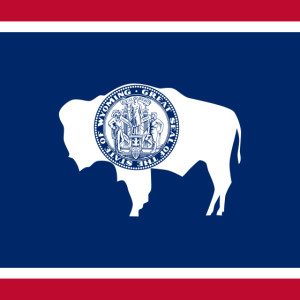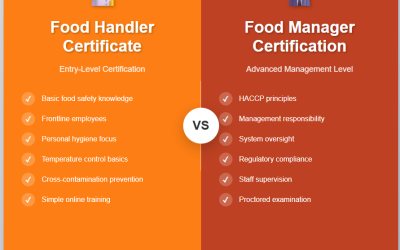Keeping Customers with Allergies Safe in Restaurants
For individuals with food allergies, dining out can feel like navigating a minefield. A single misstep could lead to discomfort, illness, or even a life-threatening reaction. As food employees—whether servers, chefs, or managers—you play a critical role in ensuring these customers enjoy a safe and pleasant experience. Here’s how you can protect customers with allergies and build their trust in your restaurant.
Understand Common Allergens
The first step is knowing what you’re dealing with. In the U.S., the Food and Drug Administration (FDA) identifies nine major allergens responsible for most reactions: milk, eggs, fish, crustacean shellfish, tree nuts, peanuts, wheat, soybeans, and sesame. Familiarize yourself with these, as customers may ask about them directly or indirectly (e.g., “Does this have dairy?”). Study your menu and ingredient lists to spot where these allergens might hide—think sauces, dressings, or cross-contaminated fryers.
Encourage Clear Communication
When a customer mentions an allergy, listen carefully and ask follow-up questions. “What are you allergic to?” and “How severe is it?” can clarify their needs. Some might need to avoid traces of an allergen due to anaphylaxis, while others might tolerate small amounts. Encourage them to disclose allergies when ordering, and assure them your team takes it seriously. If they’re hesitant, a warm “We’re happy to help—just let us know!” can make all the difference.
Train the Team
Safety starts with everyone. All staff—from the kitchen to the front of house—should understand allergy protocols. Train servers to flag allergy orders clearly on tickets, and teach cooks how to prevent cross-contact (not just cross-contamination). For example, using a shared grill for shrimp and chicken might be fine for most, but it’s a risk for someone with a shellfish allergy. Regular refreshers keep this knowledge sharp.
Prevent Cross-Contact
Cross-contact happens when an allergen transfers to allergen-free food—like using the same knife to chop peanuts and then veggies. To avoid this:
- Use separate utensils, cutting boards, and cookware for allergy orders.
- Clean surfaces thoroughly before preparing safe meals.
- If possible, dedicate an allergen-free prep area in the kitchen.
- Avoid frying allergen-free items in oil used for allergens (e.g., peanut oil fries).
It’s not enough to just leave nuts off a salad—traces matter too.
Double-Check Ingredients
Never assume a dish is safe without verifying. Check labels on pre-made items like breads or sauces, as manufacturers sometimes change recipes. If a customer asks about a dish, don’t guess—consult the chef or ingredient list. If you’re unsure, say so: “I’ll confirm that for you” builds trust more than an incorrect “It’s fine.”
Handle Mistakes Gracefully
If an allergen slips through despite your efforts, act fast. Apologize sincerely, remake the dish correctly, and ensure the customer feels heard. For severe cases, know where the nearest epinephrine injector (like an EpiPen) is—some customers carry them, or your restaurant might stock one. Follow up to see how they’re doing, showing you care beyond the moment.
Build Trust with Transparency
Label your menu with allergen icons or a disclaimer like “Ask us about allergens!” This invites questions and shows awareness. If you offer gluten-free or nut-free options, highlight them—but only if you can guarantee safety. Overpromising and underdelivering erodes confidence.
Final Thoughts
Protecting customers with allergies isn’t just about avoiding lawsuits—it’s about hospitality. When you prioritize their safety, you turn a stressful outing into a welcoming experience. Word spreads fast: a customer who feels safe today might bring friends tomorrow. By staying informed, vigilant, and empathetic, you’re not just serving food—you’re serving peace of mind.




